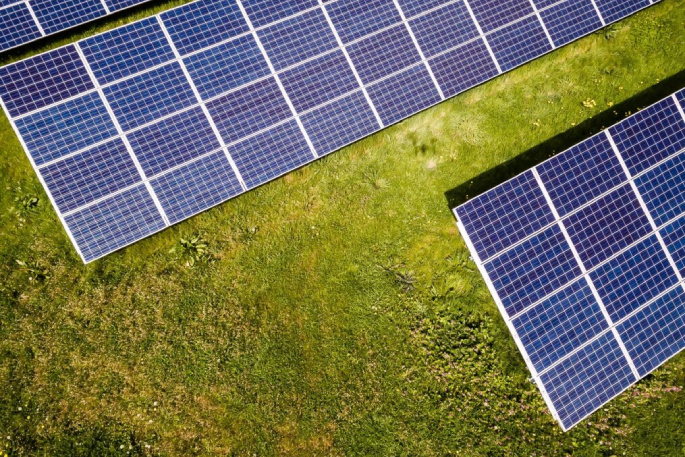Nearly half a million solar panels across two Waikato solar farm projects that could reduce over 200 million kilograms of carbon pollution each year have been referred for fast-track consenting, creating up to 280 jobs, Prime Minister Chris Hipkins has announced.
Referring the Rangiriri Solar Farm Project and Waerenga Solar Farm Project will mean that five significant renewable energy projects have been referred through the COVID-19 Recovery Fast-track Consenting Act since late 2021, speeding up the transition to a clean energy future.
'If approved these projects could displace about 220 million kilograms or more of New Zealand's CO2 emissions from fossil fuel electricity generation each year,” says Hipkins.
'Solar energy helps keep household power bills lower, and delivers economic and environmental benefits across the region and nationally.
'Delivery of fast-track consenting has been a key part of the Government's strategy to accelerate economic recovery and boost jobs, while speeding up our emissions reduction,” says Hipkins.
Environment Minister David Parker said the ongoing operation of the projects, and associated power infrastructure, would improve long-term economic and employment outcomes in the Waikato.
'These projects are examples of the type of renewable energy development needed to meet our environmental goals, and increasing generation and supply improves our national energy resilience,” says Parker.
'Fast-track consenting will become a permanent part of the resource management system through the proposed Natural and Built Environments Bill. It has already reduced consenting time by an average of 15 months per project saving infrastructure builders time and money.
'The permanent fast-track consenting process is a crucial part of our plan to reduce emissions and improve our economic security by increasing domestically generated renewable energy.”
The Government says if all five renewable energy projects are approved, the construction of the five renewable energy projects will create up to 1260 full-time jobs and will contribute more than 635 Megawatts to the national grid during peak generation.
In summary:
· Rangiriri Solar Farm Limited, in partnership with Transpower New Zealand, will develop a 200,000 solar panel facility and electricity substation on 275-hectares near Rangiriri, Waikato.
· If approved, construction will take about 18 months and create up to 120 full-time jobs. The farm will employ up to nine full-time staff when operational.
· Waerenga Solar Farm Limited, also with Transpower, will develop a 290,000 solar panel facility to occupy 385-hectares across three properties near Waerenga township, east of Te Kauwhata.
· About 160 workers will be needed during construction over 18 months, with up to 17 full-time future employees.
· Referral is the first step in the fast-track consenting process. Expert consenting panels make decisions on both the resource consent applications and related matters on the projects before they can go ahead. The panels have similar powers to consenting authorities, like councils, under the Resource Management Act (RMA).
As well as the above renewable energy projects, the Minister for the Environment has referred the following energy projects to the Environmental Protection Authority:
Tauhei Solar Farm project in Waikato
Te Rere Hau Wind Farm Repowering project in Manawatu
Waiterimu Solar Farm project in Waikato.



0 comments
Leave a Comment
You must be logged in to make a comment.